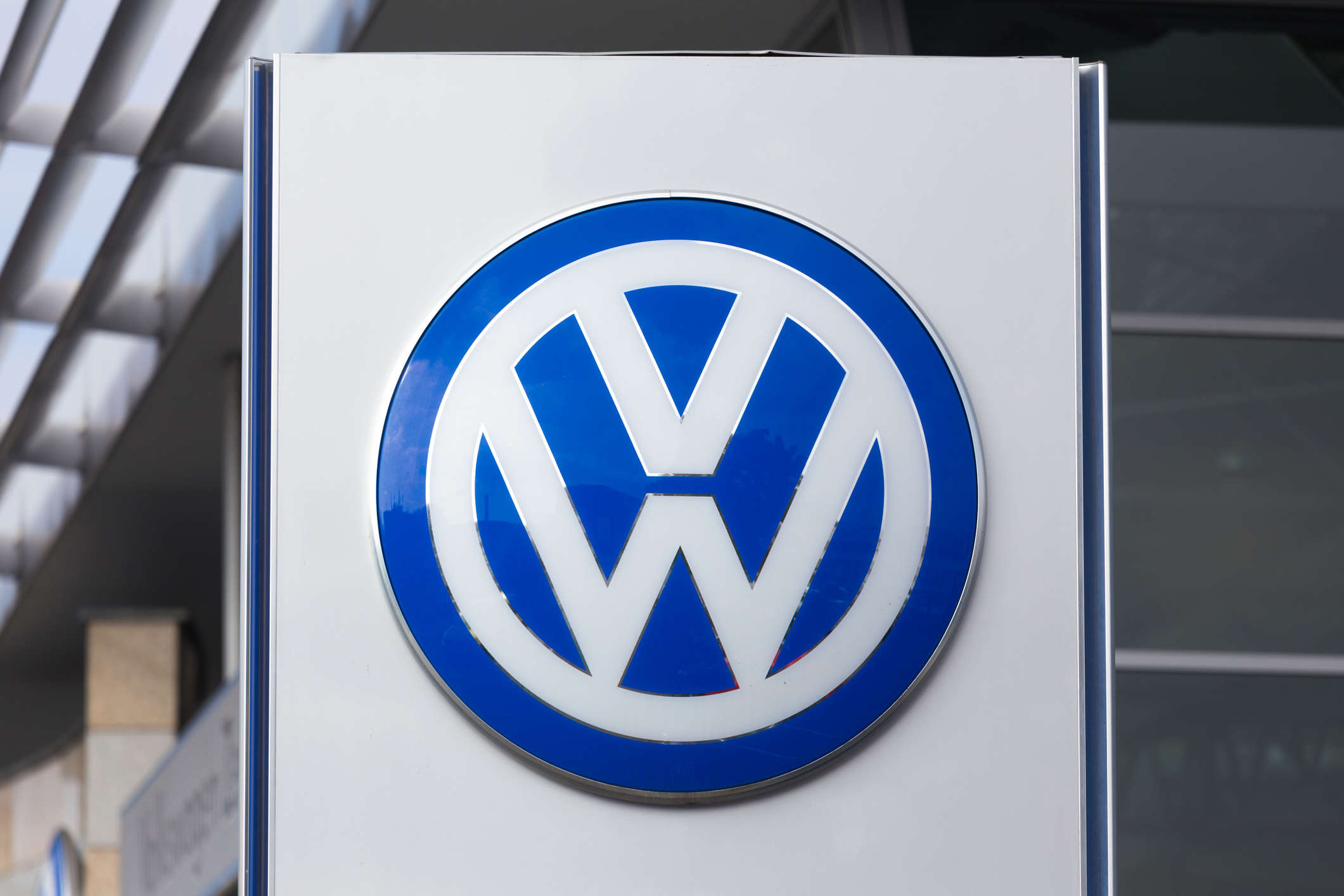
By Ketan Thakkar
New Delhi: Volkswagen Finance Private Ltd, the captive finance arm of the world’s largest car maker Volkswagen Group, is contemplating exiting its NBFC business and deciding on the future of its Indian operations by the end of this quarter, three people aware of the development told ET.
A decision on the finance arm is significant as it comes ahead of the group’s most critical 2.0 rollout plan in the country, which aims to grow Group’s market share in India to 5% by 2025 from less than 1.5% share at present. This will compel the Group to make alternative options available for its dealerships and customers.
“With its innovative digital credit platform, KUWY is the market leader in meeting the growing demand for new and used car financing. Based on its positive experience and for business policy reasons, VWFPL India, in close coordination with the brands of the Volkswagen Group, will review its business strategy for dealer financing by the end of 2021,”Volkswagen Finance.
The role of the captive finance arm is to help accelerate the parent brand penetrate faster and deeper into the country instead of just earning money through financing.
At its peak, VWFS disbursed over a billion dollars of funds in India, which has more than halved in recent years, especially after it stopped retail funding.
Three people confirmed that the finance arm has stopped retail lending to its customers last year and Volkswagen Finance is also expected to stop lending to the dealers for stock funding within six months.
The decision to stop lending to dealers that accounted for more than half the loan disbursals was discussed in May. A formal decision is likely to be taken at a meeting in the coming weeks, say people aware of the matter.
“The company may even consider surrendering its NBFC licence and may become a commissioning agent or a broker,” said a person aware of the plans.
With the exit of the captive arm, securing inventory funding for a dealer for expected higher volumes from 2.0 will be tough and may call for a bigger collateral and higher interest outgo, say experts.
A shrinking Indian passenger vehicle market, bleeding dealers with a fair share of NPAs, and the complexities of competing against leading banks and NBFCs in India compelled Volkswagen Finance to relook at its business model.
The company is focusing instead on fintech company Kuwy to address the retail buyers. Kuwy is a subsidiary of VWFS.
In 2020, the company had stopped lending to retail customers after it had picked up a stake in a fintech company Kuwy (in 2019), which is an aggregator platform. Witnessing a strong traction at Kuwy, VWFS increased its stake and became a majority shareholder this January 2021.
In an official response to the ET’s queries, Volkswagen Finance Private Limited said, in January 2021, VWFPL India acquired a majority stake in the Indian loan brokerage portal KUWY Technologies in order to satisfy the increasing needs of its retail customers for digital sales channels and individual financing options.
“With its innovative digital credit platform, KUWY is the market leader in meeting the growing demand for new and used car financing. Based on its positive experience and for business policy reasons, VWFPL India, in close coordination with the brands of the Volkswagen Group, will review its business strategy for dealer financing by the end of 2021,” added the statement from Volkswagen Finance.
Over the last 12-18 months, the workforce at VWFS has come down from 300 to 150 and most of them have taken up the position at Kuwy and the sizable part of the balanced workforce may also be given up the option to shift to Kuwy, added one of four people in the know.
The winding of captive finance arms may not have a significant impact, say group companies.
A senior executive at Volkswagen Group said: “VWFS is an independent entity. We respect their strategic decision, whatever it may be. Our network, our business model and our product portfolio is strong enough for us to be able to manage central tie-ups for alternate finance options. Dealers have six months to look at an alternative arrangement.”













